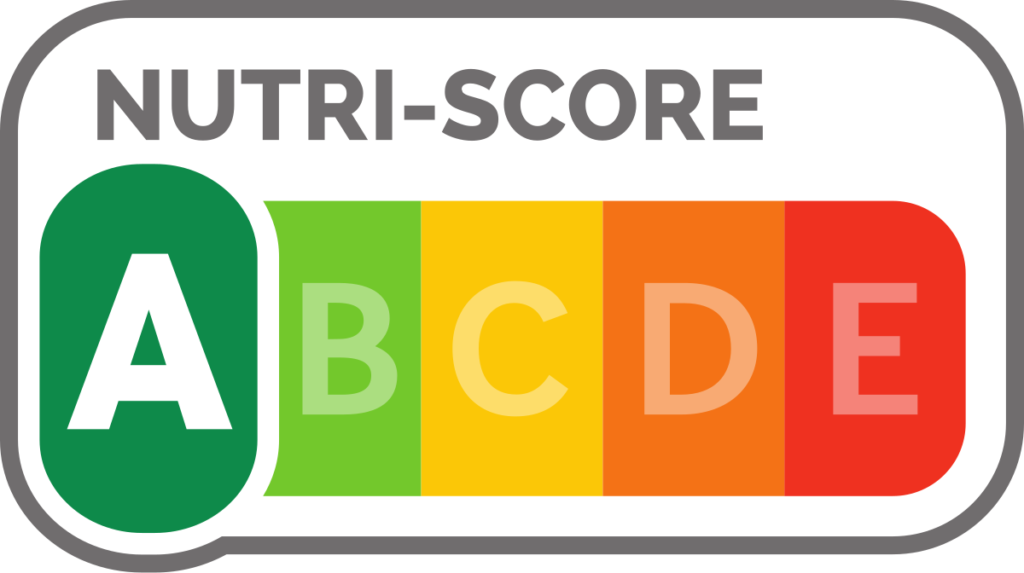
Cardiovascular diseases are the top cause of death in Western Europe, accounting for one-third of all deaths in 2019. Diet is believed to be responsible for about 30% of these deaths. This makes nutrition-related prevention policies a significant public health challenge for addressing these diseases.
Researchers from the Nutritional Epidemiology Research Team (CRESS-EREN), along with members from Inserm, Inrae, Cnam, Université Sorbonne Paris Nord, Université Paris Cité, and in collaboration with researchers from the International Agency for Research on Cancer (WHO-IARC), will publish an article on 11 September 2024 in Lancet Regional Health – Europe. They found that the consumption of foods ranking lower on the Nutri-Score scale (new 2024 version) is linked to an increased risk of cardiovascular diseases in the European cohort EPIC. The study included 345,533 participants from 7 European countries who were followed for 12 years.
The Nutri-Score was officially adopted in France in 2017 and has been adopted in 6 other European countries since. Its aim is to provide quick and clear information on the nutritional quality of foods and drinks to help consumers compare and choose products with better nutritional quality. Additionally, it encourages manufacturers to improve the nutritional quality of their products.
The Nutri-Score consists of 5 categories, ranging from A (dark green, higher nutritional quality) to E (dark orange, lower nutritional quality). An algorithm assesses each product based on its levels per 100 g of energy, sugars, saturated fatty acids, and salt (to limit), as well as proteins, fruits, vegetables, and pulses (to favour).
Several studies published in international scientific journals have demonstrated the effectiveness of Nutri-Score in assessing the nutritional quality of foods and its ability to guide consumers toward healthier choices. Over 140 publications have supported these findings. Specifically, French studies like SU.VI.MAX and NutriNet-Santé cohorts have shown that consuming foods with a lower Nutri-Score (indicating lower nutritional quality) is associated with an increased risk of cardiovascular diseases. Similar associations have been observed in studies in France, the UK, Spain, and Italy, linking lower Nutri-Scores to increased risk of various chronic diseases and higher mortality.
In a recent study, researchers examined the updated 2024 version of the Nutri-Score algorithm, which is associated with the risk of cardiovascular diseases. The study involved a large population from 7 European countries and aimed to provide new scientific evidence to validate the Nutri-Score on a European scale. This study follows two previous ones from 2018 and 2020 that examined cancer risk and mortality within the same population.